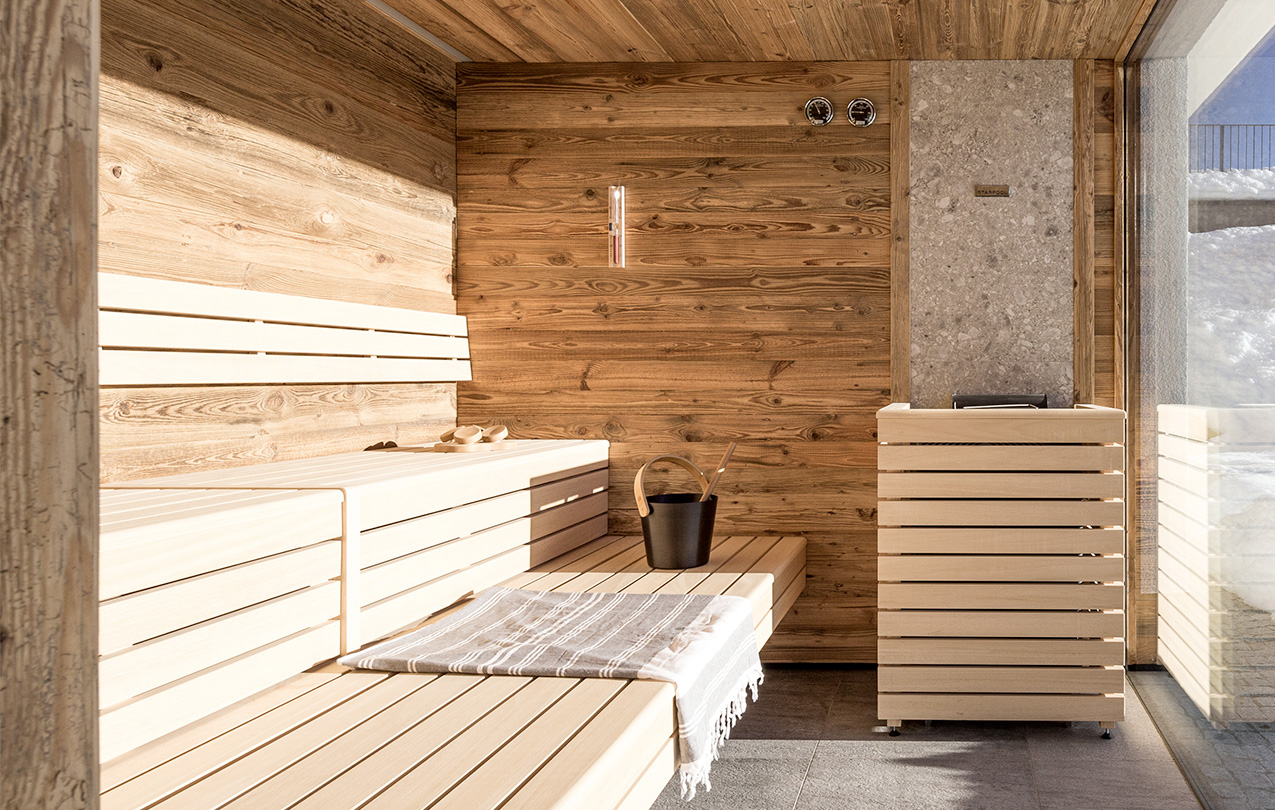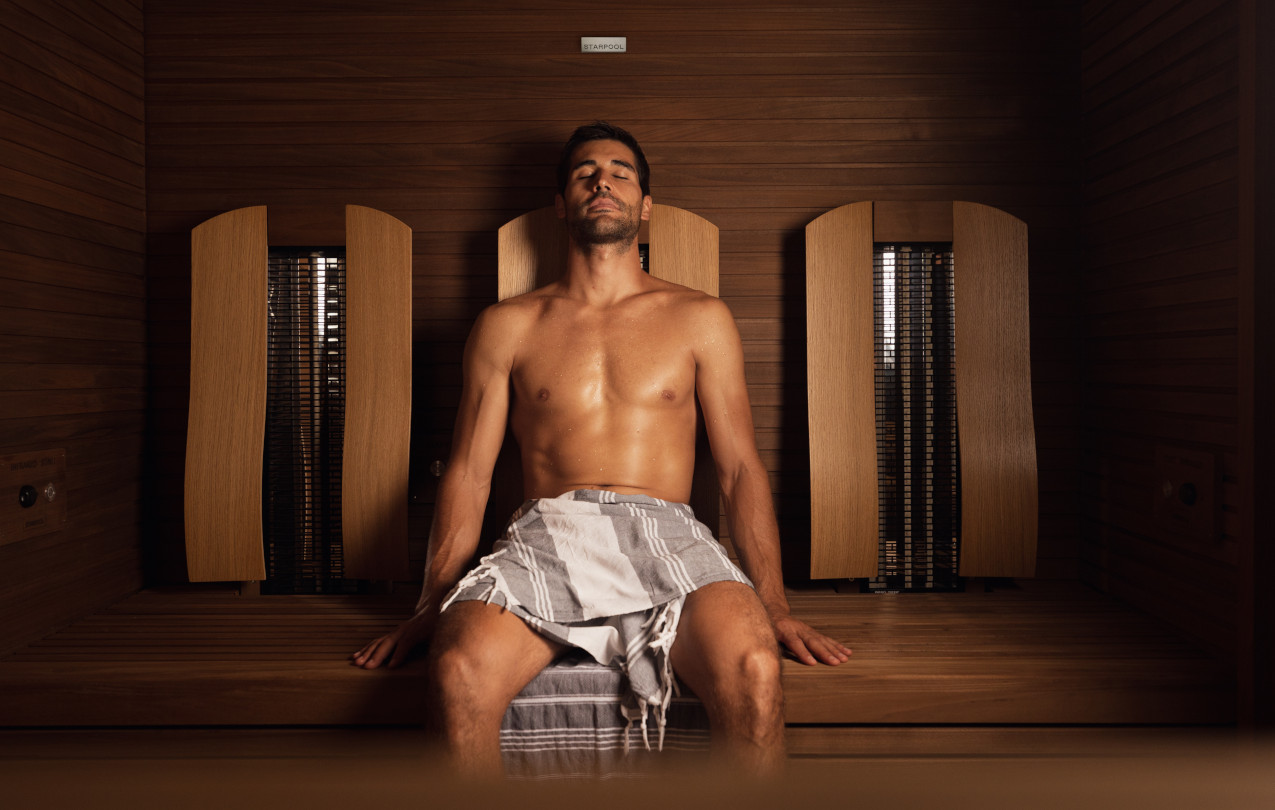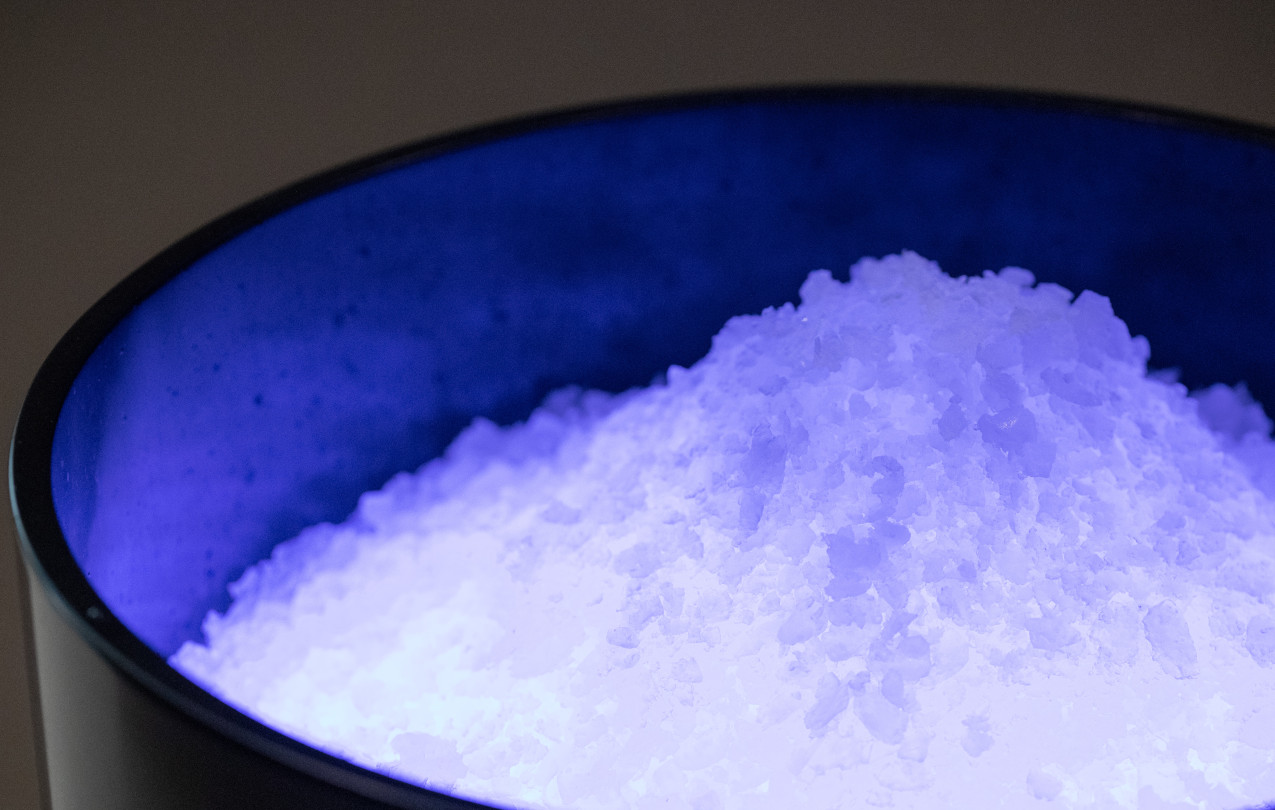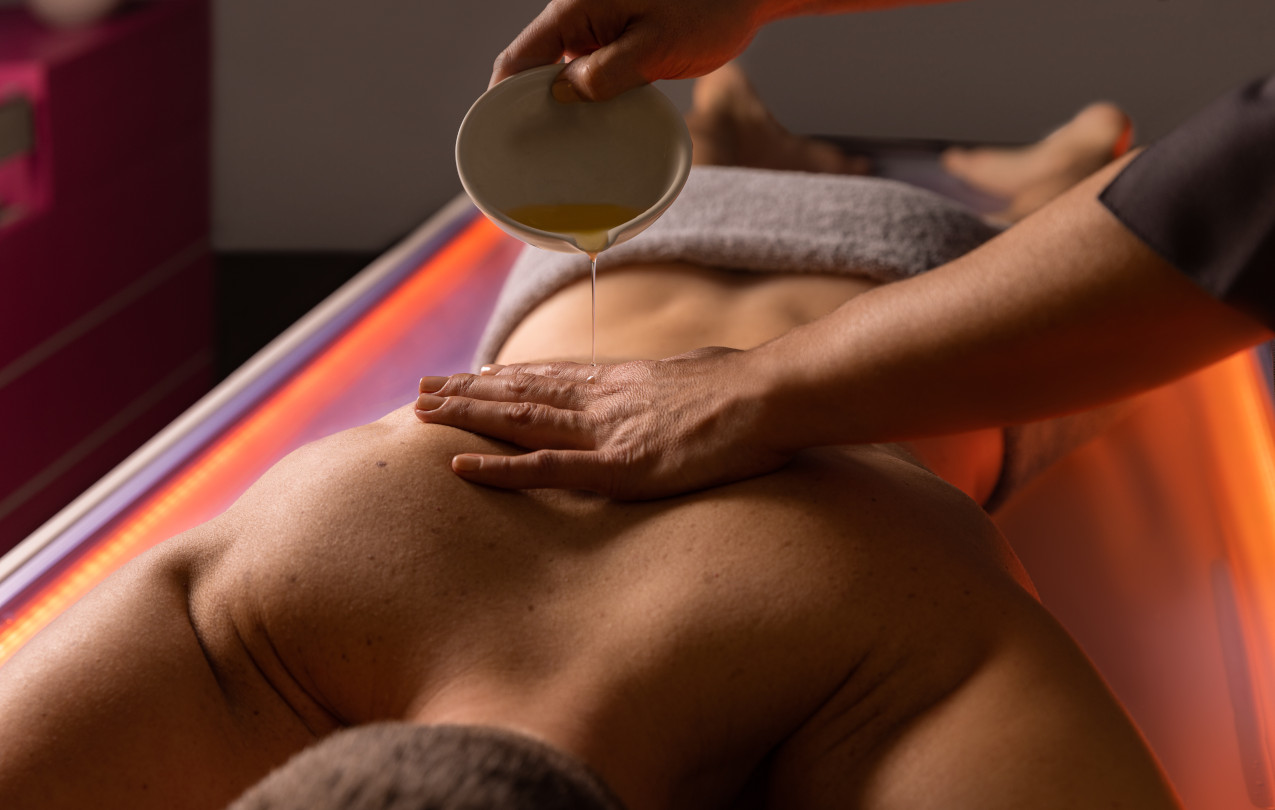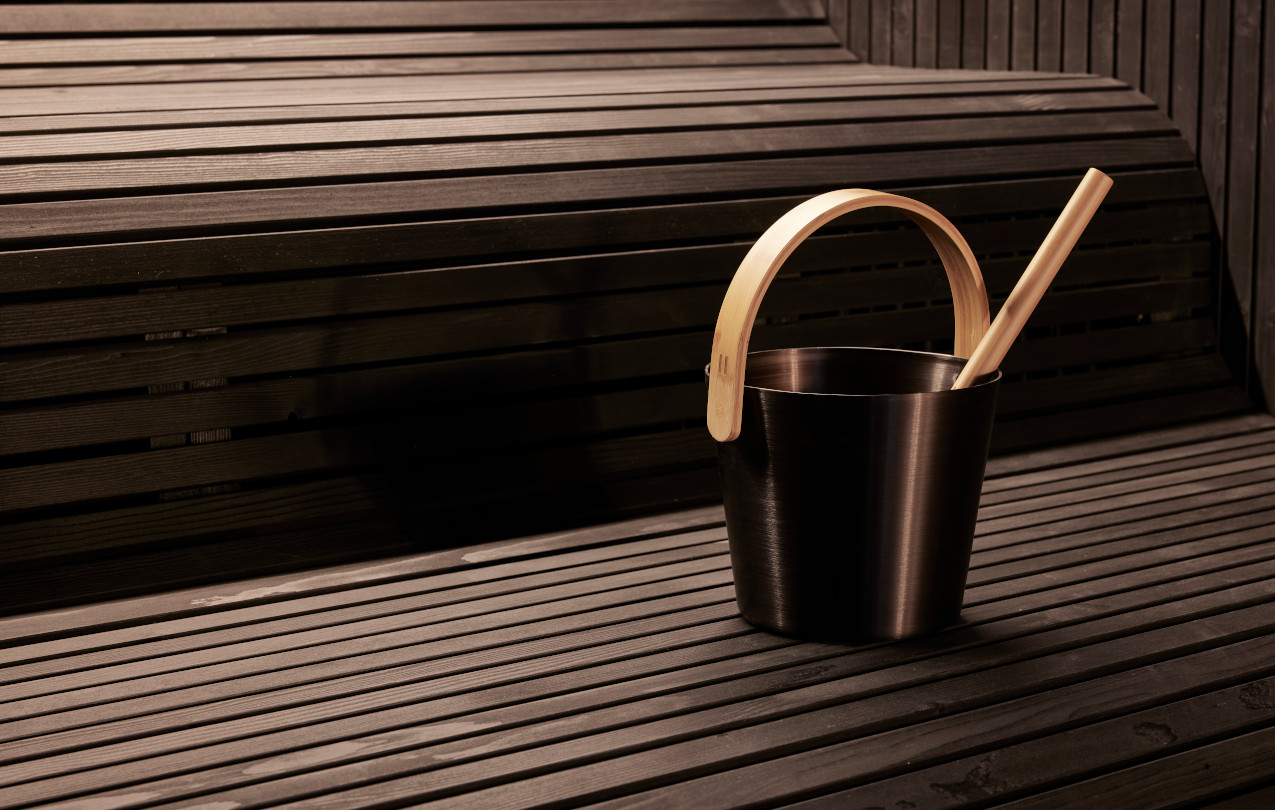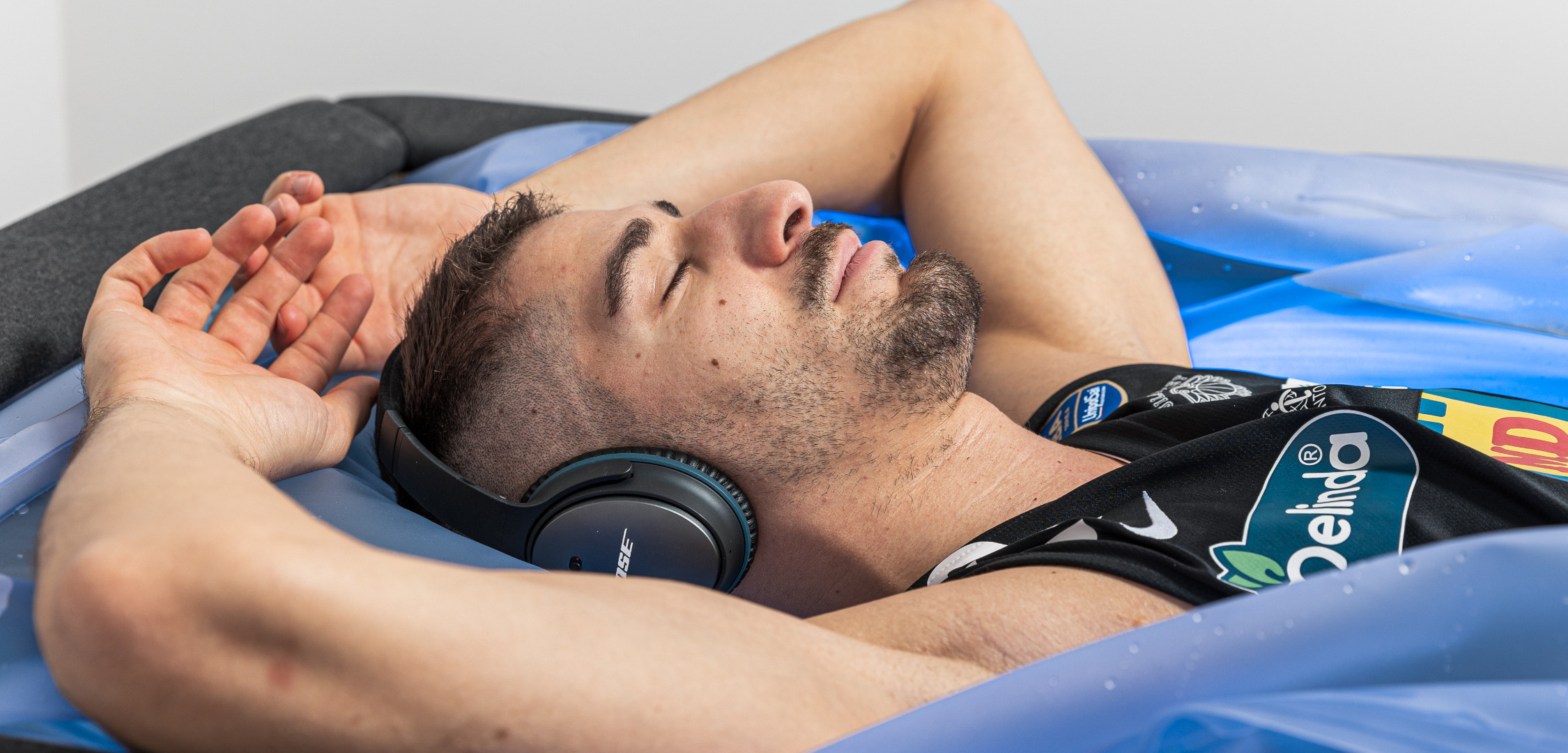Sleep and recovery in sports
Sleep is considered an essential aspect connected to athletes’ psycho-physical recovery, especially in sports where trips and training and close together competitions are frequent. Scientific literature has now clearly proven how physical performance is not only connected to training, but that it also depends on multiple physical, mental, and environmental factors.
Recovery strategies are considered to be an essential factor to reach and maintain the best possible performance. As a matter of fact, they help reduce fatigue and promote muscle recovery to prepare for the following effort. Sleep, in particular, is considered to be a determining factor in recovery after a competition or training session.
A recent study divulged by Brain Science has reviewed the scientific literature published over the years about the impact of sleep on basketball players’ performance. Based on the analysis of 25 articles, the study reaches the conclusion that sleep influences the performance on the court and on the risk of injury.
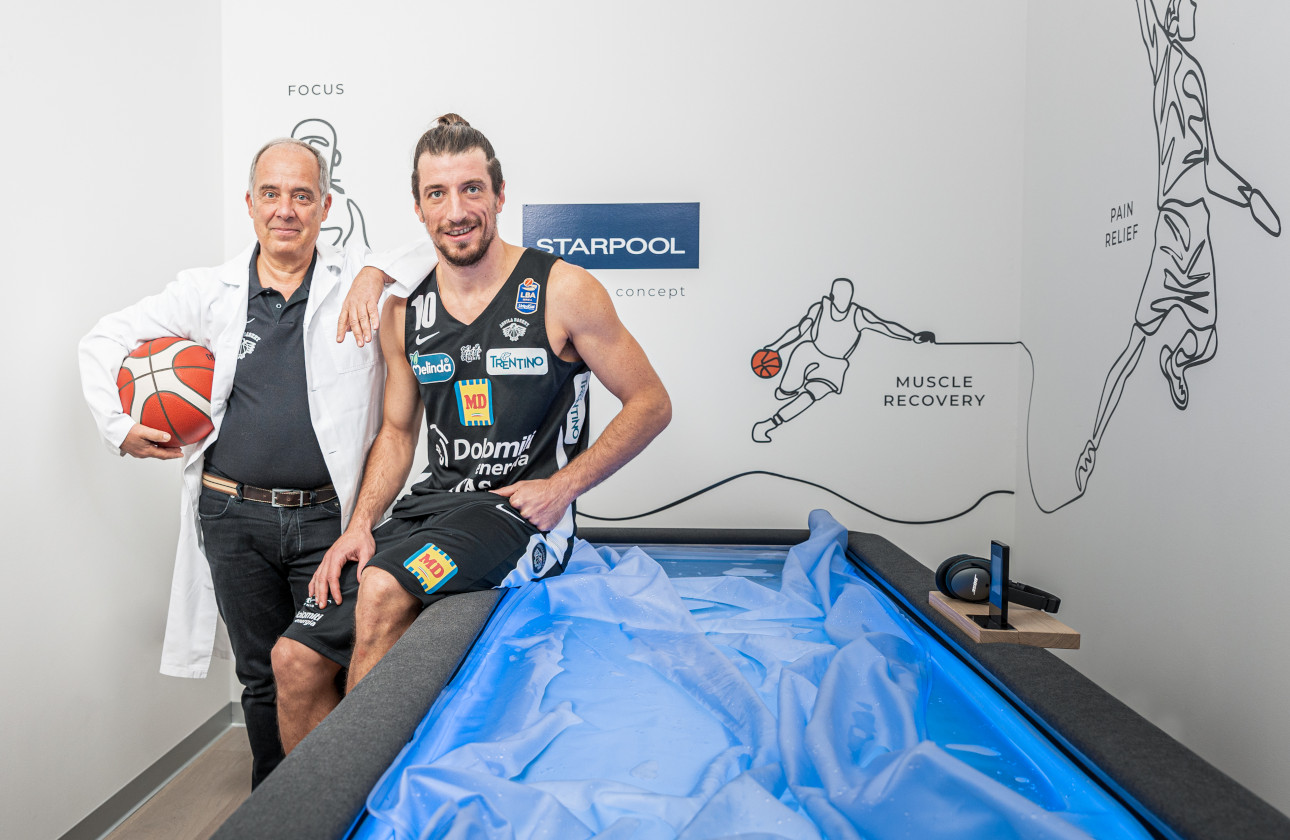
Toto Forray, captain of the Aquila Basket Trento team, assisted by sports doctor Fabio Diana while using Zerobody for physical and mental recovery.
Sleep and performance
Sleep has a clear impact on athletic results: it doesn’t only affect the players’ performance, but also their risk of injury. This is why it should be a fundamental control variable for the technical staff of any sport.
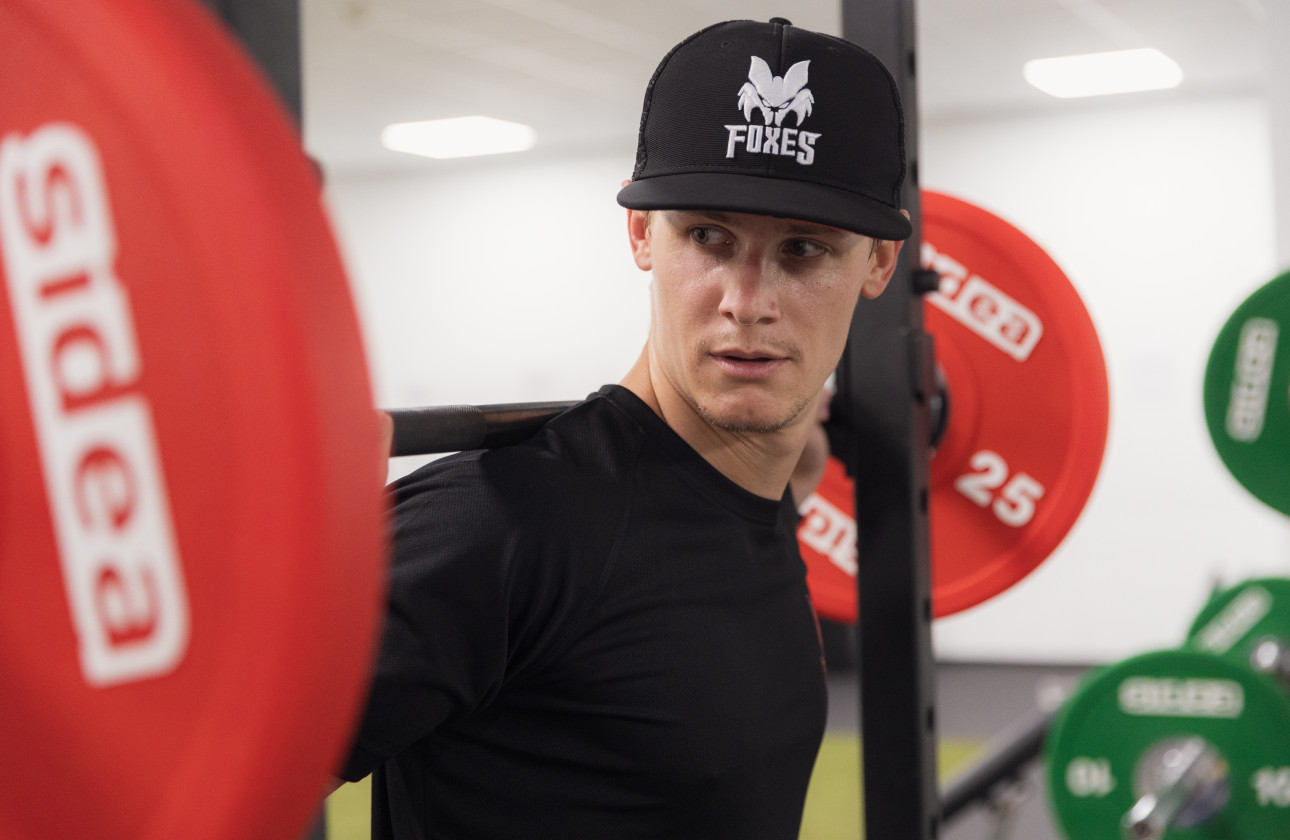
Sleep and workloads
The results of the analysed studies show that training loads affect sleep negatively: heavier workloads prevent athletes from sleeping well and this, obviously, has an impact on the performance of the following day.
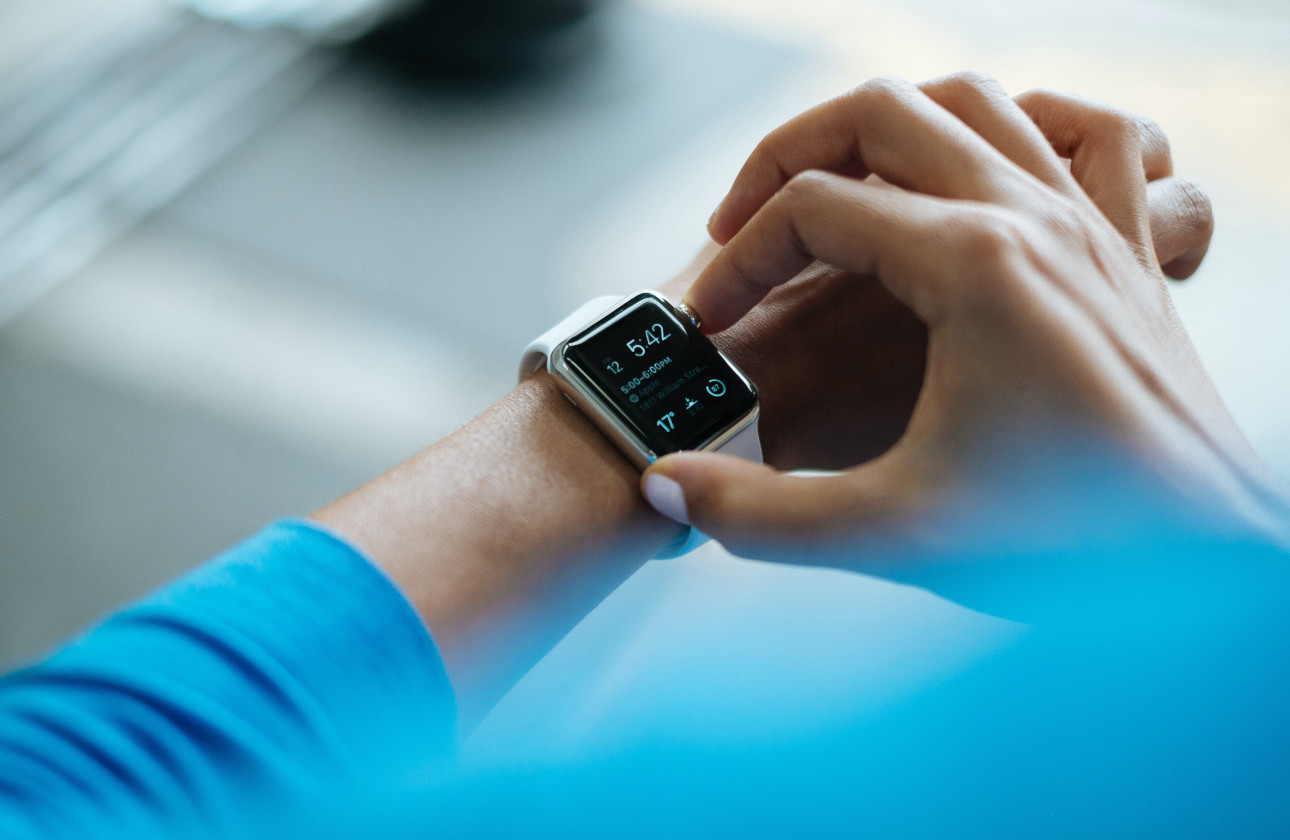
Sleep and circadian rhythm
Circadian rhythms can determine the best and worst moments to train or compete during the day. If this variable were considered coherently in relation to athletes’ physiologucal charcateristics, their performance could improve considerably.
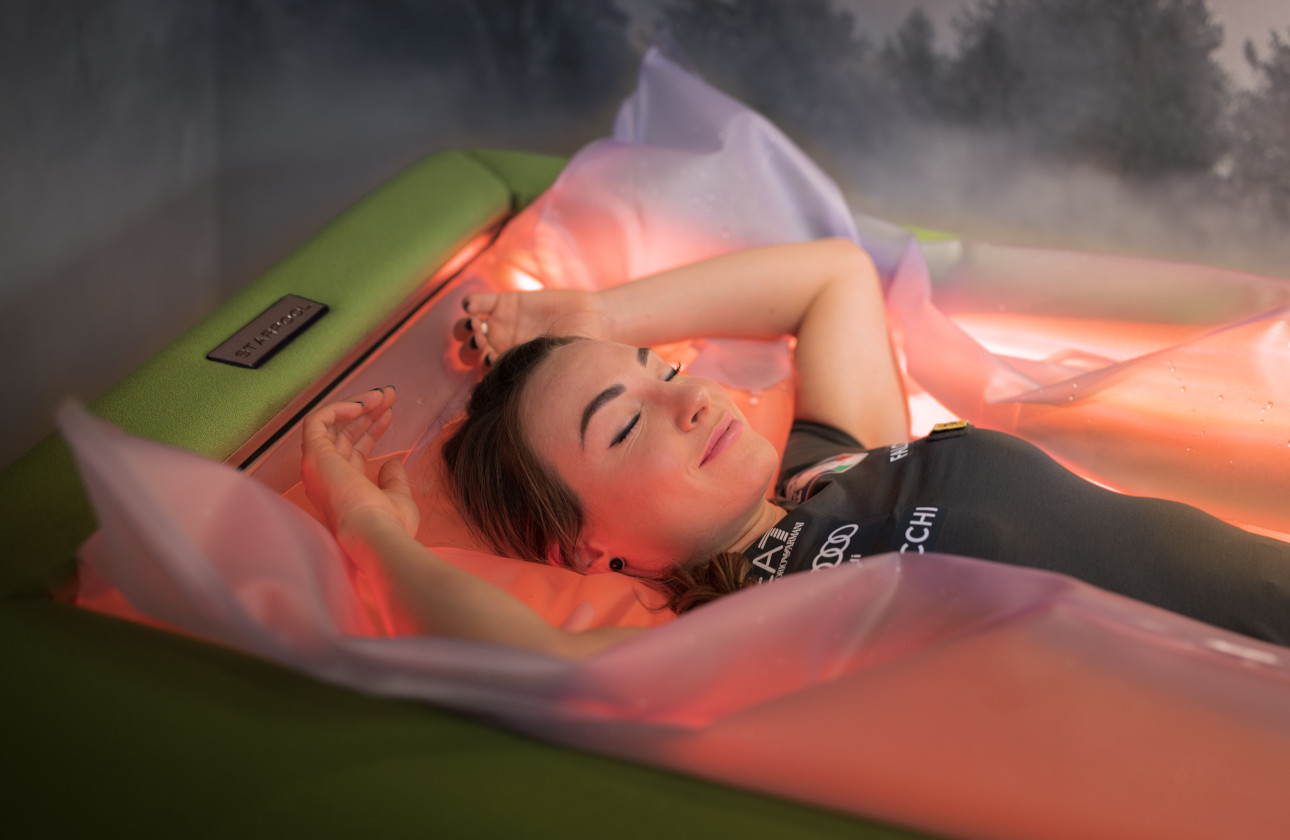
Dorothea Wierer, Olympic Biathlon medallist, with Zerobody personal for a moment of recovery at her place after an away game.
Sleeping and travelling
Away games and long trips have a significant impact on athletes’ performance: they affect their recovery, increasing the level of fatigue and disrupting the balance of the circadian rhythm. For this reason, players’ performance tend to worsen and the likelihood of getting injured to increase.



